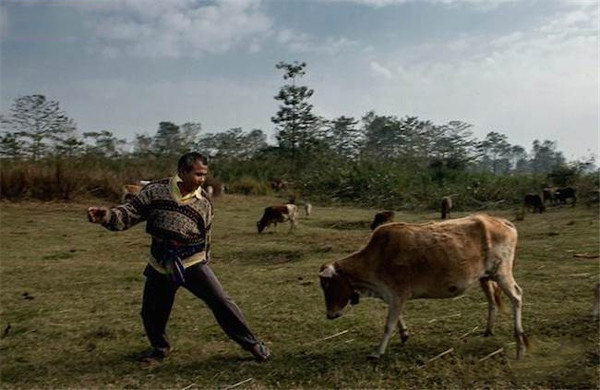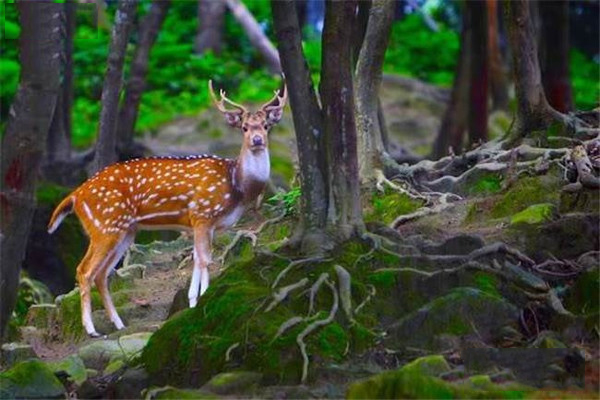
Payeng afforestation has led to many scientific verification scholars' thinking. "Nature has its food chain. Why can't we follow it? If we do not protect animals as intelligent lives, who will protect them? " Payeng's experience tells us that we do not need a large number of statistics to understand the damage caused by deforestation, nor the need for huge projects to protect the survival of natural wealth. Under tight resources and limited knowledge, Payeng shows the instinct of human integration with nature.

now the forest of Payeng has attracted countless animals, and an ethnic group of 100 elephants will visit the forest of Payeng every year and settle comfortably for months. Also because of these elephants, let the world know that such a person, with their own small power, to complete the great dream. In 2008, the forest administration of the India government tracked a number of migratory elephants and discovered the forest of Payeng. The forest was named after the pet name "Molai" of Payeng for "Molai Forest".

2012, Nehru University in New Delhi, India, recognized Payeng as "the son of the India forest" (Forest Man of India).